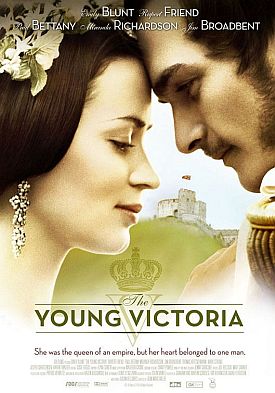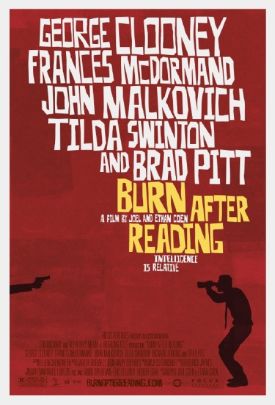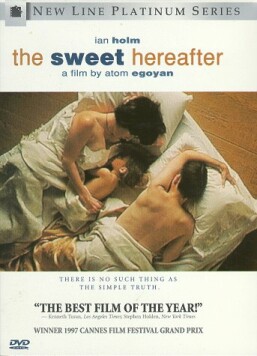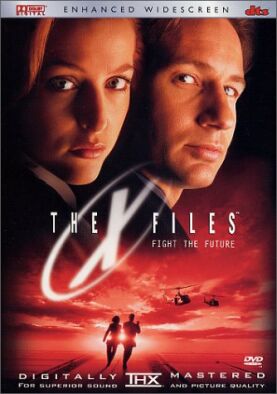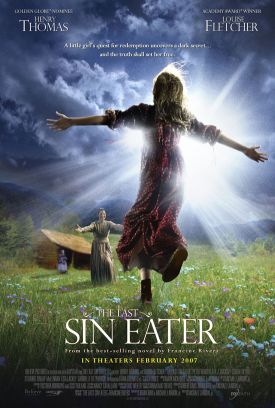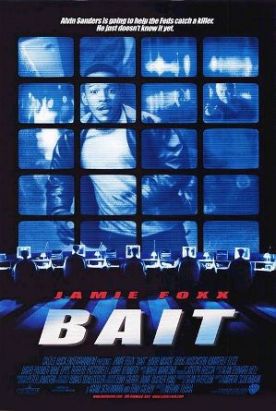Young Victoria, The
Jean-Marc Vallée’s film (written by Julian Fellowes), The Young Victoria, is a very handsome picture deserving of every credit for its respectful posture towards the past and especially towards royalty, which it would have been easy for it to have patronized. M. Vallée also elicits fine performances by Emily Blunt as Princess, later Queen Victoria and Rupert Friend as the earnest young German Prince Albert, who falls in love with her. Yet the movie was rather a disappointment to me — I think because, for understandable reasons, it focused too exclusively on the romance between its two principal characters for us to be able to make much sense out of that much larger part of their lives that was lived in the world of the 1830s (and beyond) and apart from the universally understood love story.
In a film set in our own times, of course, this wouldn’t matter, because we could take the world apart from the private one of the two lovers for granted. But in a period setting, the period must be given a bit more attention than it is given here in order for us to be able to make sense of who the characters are and, therefore, of their romance itself. This is all the more true in the case of world-historical characters like Victoria and Albert. Insofar as they have any existence apart from their love for each other in the film, they are both a part of extended royal families and rival European courts in which thwarted ambition on all sides has produced secret and not-so-secret hatreds, resentments and estrangements. That’s all very well as far as it goes, but it only embeds the love story in a royal soap opera and doesn’t get us any closer to a broader or deeper significance to the film’s events.
You could say that the film takes both too little and too much for granted. Too little because it cannot trust us to know enough about the period or the historical background and so keeps that mostly out of things, except where absolutely necessary; too much because at the same time it implicitly relies on our knowing who Queen Victoria and Prince Albert were and what was their significance in the history of Britain and the world. By the time the producers get around to putting up some screen cards with a bit of potted history on them at the end to fill us in on these details — and, of course, what happens to the principal characters during the rest of their lives — it is too late. Why would we have been watching in the first place, unless we already knew of her importance?
The central moment in the film comes when the young princess is playing chess with her suitor and asks: “Do you ever feel like a chess piece yourself in a game being played against your will?” She does, she confides to him, adding: “I’m sure half the politicians are ready to seize hold of my skirts and drag me from square to square.”
Prince Albert replies: “Then you had better master the rules of the game until you play it better than they can.”
“You don’t recommend I find a husband to play it for me?” she says with an anachronistic feminist ominousness.
“I should find one to play it with you, not for you,” says Albert.
It makes for a nice melding of the two themes of love and royal politics, but it promises us rather more of an immersion in the latter than the film is prepared to deliver. We get that the immediate royal family is a dysfunctional one, particularly in the tension between King William IV (Jim Broadbent) and his late brother’s wife (Miranda Richardson), who is also the mother of his heir. She is manipulated by her secretary, Sir John Conroy (Mark Strong), who hopes to become the power behind the throne when Victoria is queen, but he plays his chess pieces very badly and only succeeds in alienating the young princess by his heavy-handedness. If seeing him off is the hardest thing she has to do on becoming queen, she hardly needs any help from the willing Albert.
The real test comes with her affection for the Whig prime minister at her accession to the throne, Lord Melbourne (Paul Bettany), which creates a constitutional crisis when she improperly prefers him to the Tory leader, Sir Robert Peel, thus giving the latter an excuse to decline to form a government and sparking a popular outcry in “the Bedchamber Crisis” of 1839. We are shown that it is Albert alone who overcomes the Queen’s stubbornness by defying her and then by saving her life in an assassination attempt — nearly at the cost of his own. In fact, the reasons for the Queen’s about-face would have been plenty without the persuasive powers of Prince Albert, or his willingness to take a bullet for her, to second them. In fact, the assassin missed both members of the royal couple — though it is quite true that the Prince did attempt to shield his wife with his own body.
Yet this telling of a central part of her story seems to me to trivialize and render almost insignificant what is surely by any reckoning the most important royal figure of the 19th century and one without whom neither British nor European nor world history, including our own cultural history, would today be comprehensible. This is the peril of the biopic, I suppose, and one into which Bright Star also fell a few months ago. There is a mystery about greatness, whether of Queen Victoria’s kind or of John Keats’s and, as I see it, the film-maker has a responsibility to try (at least) to penetrate it. To concentrate too much on the human story because the history is too hard for today’s audiences to cope with is, however understandable it may be, an abdication of that responsibility. That’s only one man’s opinion, of course. And, as I say, there’s a lot to like about The Young Victoria. But did they really have to have a soppy pop song by Sinead O’Connor (of all people) over the closing credits? Talk about striking a jarring note!
Discover more from James Bowman
Subscribe to get the latest posts to your email.

